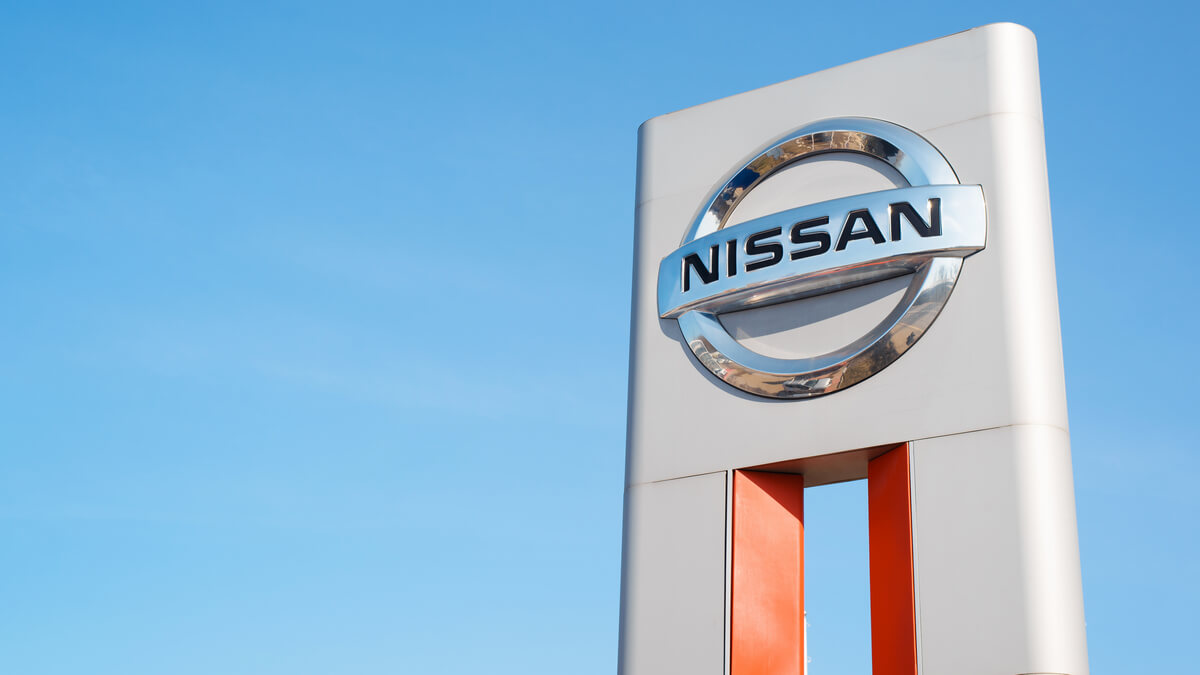Nissan becomes the latest auto manufacturer to surrender before the prevailing global chip crisis.
Semiconductors or chips are an integral part of any vehicle these days as they control the infotainment system, engine management and enable driver assistance systems, just to name a few. They are now so widespread that even smaller systems such as rain-sensing automatic wipers also need microchips to do their job.
In an interview with CNBC’s “Squawk Box Europe” on Thursday, Nissan Chief Executive Makoto Uchida reflected on the chip shortage, saying: “The impact we foresee as of speaking is about 500,000 units in terms of the production this year.”
To better understand the implications, we must know that Nissan sold 285,553 vehicles during the first three months of the year—that’s half a million vehicles that Nissan would have sold in two quarters that will not even be manufactured.
It’s important to mention that Nissan’s troubles are not only limited to a semiconductor shortage as the Japanese carmaker also shown concern towards the rising prices of raw materials needed in vehicle production.
However, Nissan is not alone in the global chip shortage crisis, as prominent brands, including Ford, Volkswagen, and Stellantis, have all been struck as well. Several auto manufacturers had to shut down production for a limited period while waiting for supplies. Given that some plants were also closed down for several days due to the coronavirus pandemic last year, the chip supply chain issue sure is alarming for Nissan but multiple other manufacturers too.
Furthermore, the ongoing chip crisis is expected to continue until the end of next year, and there is a fair chance that the situation will not improve even in 2023. The Biden administration has come forward with a master plan to tackle the current situation and make America the global powerhouse in chip manufacturing. But it’s far from done.
Intel said that it would start manufacturing microprocessors for automobile companies, but that alone will not heal the entire problem. The crisis must be solved on an urgent basis to allow automobile manufacturers to sell the desired number of units, reach their goals and survive on the market—but in all cases, we ain’t out of the woods yet.
To be continued…








